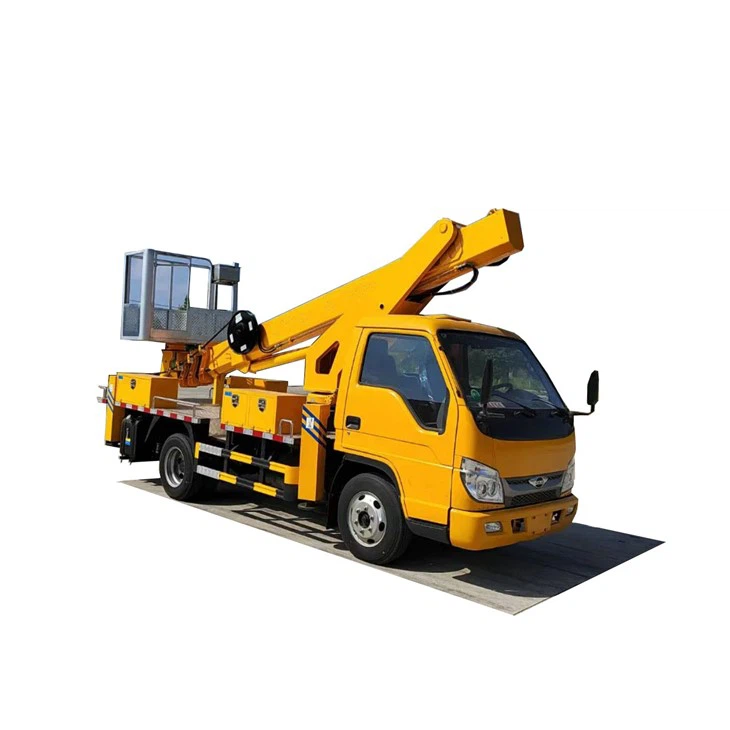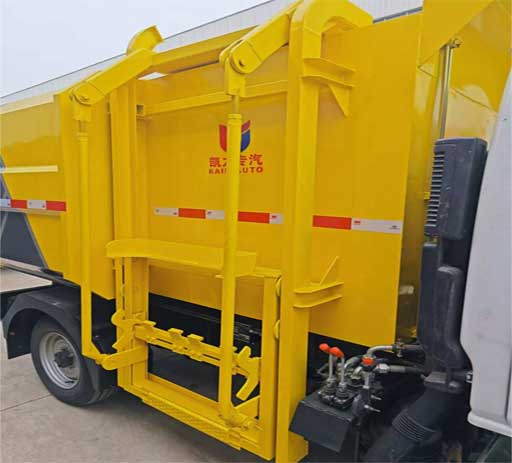Understanding GS Products: A Comprehensive Guide

In today’s market, GS products stand out for their quality, reliability, and safety. This comprehensive article explores everything you need to know about GS products, from their definition to their significance in various industries. Whether you are a consumer, a business owner, or simply curious, you will find valuable insights in this guide.
What are GS Products?
GS, which stands for “Geprüfte Sicherheit” in German, translates to “Tested Safety.” The GS mark is a certification that indicates a product has been tested for safety and meets the high safety standards set by the relevant German authorities. This certification is essential for consumers who prioritize safety and quality in their purchases.
Origin of GS Certification
The GS certification dates back to the 1970s in Germany when the government introduced regulations to protect consumers and ensure product safety. Over the years, it has become a trusted symbol of safety and quality, especially in the European Union.
Key Features of GS Products
- Safety Compliance: GS products adhere to strict safety regulations.
- Quality Assurance: They are tested for durability and performance.
- Consumer Trust: The GS mark enhances consumer confidence in the product’s safety.
The Importance of GS Certification
GS certification is not just about compliance; it carries significant advantages for both businesses and consumers. Understanding its importance can help guide purchasing decisions and business practices.
For Consumers
Consumers are increasingly aware of safety standards. The GS mark assures them that a product has undergone rigorous testing and meets high safety standards. This leads to informed purchasing decisions and reduces the risk of accidents or malfunctions.
For Businesses

For manufacturers and distributors, obtaining GS certification can enhance their market position. It demonstrates a commitment to safety and quality, which can be a compelling selling point to customers.
Boosting Marketability
Having a GS mark can significantly increase a product’s marketability in Germany and other European countries. Products with the GS certification can attract more customers who prioritize safety and are willing to pay a premium for higher quality.
Types of Products with GS Certification
GS certification spans various product categories. Below are some common categories of GS products.
- Electrical Appliances: From kitchen gadgets to personal care devices, electrical appliances are among the most commonly certified products.
- Furniture: Furniture items such as beds, chairs, and tables that meet safety regulations can carry the GS mark.
- Toys: Children’s toys are required to be safe, making GS certification essential.
- Construction Materials: Building products that comply with safety standards often hold a GS mark.
Obtaining GS Certification

For manufacturers seeking GS certification, the process can seem daunting but is essential for marketing their products effectively. This section outlines the steps involved.
Step-by-Step Process
- Pre-Assessment: Evaluate if your product meets existing safety standards.
- Submit Documentation: Provide essential documents related to product design, materials, and specifications.
- Testing: Allow the product to undergo testing at a certified laboratory.
- Review: The certification body reviews the results of the testing.
- Granting Certification: If the product meets all requirements, the GS mark is granted.
Costs Involved
Obtaining GS certification does come with associated costs, which can vary based on the product and the testing required. Here’s a simple breakdown:
| Item | Estimated Cost (in USD) |
|---|---|
| Pre-Assessment | $500 – $1,000 |
| Testing Fees | $1,000 – $5,000 |
| Certification Fees | $300 – $1,500 |
| Ongoing Compliance Monitoring | $400 – $2,000 annually |
Practical Examples of GS Products
To give you a clearer picture of GS products, here are some practical examples from various industries:
Electrical Appliances
A kitchen blender that carries the GS mark assures consumers that it has been tested for electrical safety and performance.
Furniture
A child’s wooden play table with GS certification is guaranteed to meet safety standards, ensuring no sharp edges or toxic paints are used.
Toys
A soft toy with a GS mark signifies that it is safe for children, with no small parts that can be a choking hazard.
Personal Care Appliances
Hairdryers with a GS certification have passed rigorous tests related to electrical safety, making them a reliable choice for consumers.
Common Misconceptions About GS Products
Myth 1: All German Products Are GS Certified
Not every product produced in Germany holds a GS mark. Manufacturers must undergo specific testing and certification to display the mark.
Myth 2: GS Certification is Only for High-End Products
GS certification applies to a wide range of products, including budget-friendly options. Safety should not be sacrificed for cost.
Myth 3: GS Products are Banned Outside Europe
While GS certification is primarily recognized in Europe, the mark is increasingly respected internationally as a representation of quality and safety.
Frequently Asked Questions (FAQ)
1. How can I identify a GS certified product?
Look for the GS mark on the product packaging or the product itself. It typically appears near the brand logo or in the specifications section.
2. Is GS certification mandatory?
No, GS certification is not mandatory, but it is highly recommended due to the consumer trust it builds and its potential to boost sales.
3. Can other certifications replace GS certification?
While other certifications can indicate safety, the GS mark is specific to the German market and widely recognized in Europe, providing a level of assurance that may not be offered by other certifications.
4. How long does the GS certification process take?

The certification process can take anywhere from a few weeks to several months, depending on the complexity of the product and the testing requirements.
5. Are there any ongoing costs after receiving the GS mark?
Yes, manufacturers may need to pay annual compliance fees and undergo periodic testing to maintain their GS certification.
6. Is GS certification valid in countries outside of Germany?
While GS certification is recognized mainly in Germany, many other countries acknowledge its value, especially within the European Union, enhancing global market appeal.
